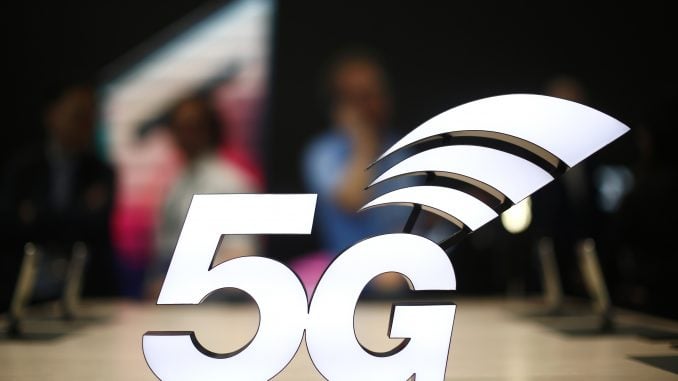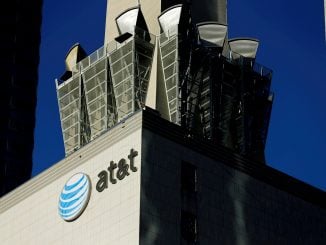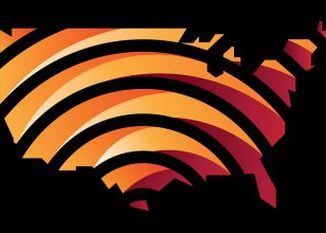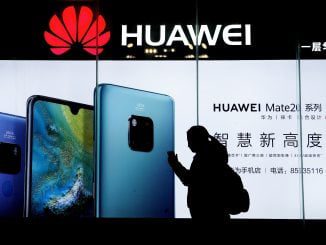
America’s future economic strength, public health, education, and defense readiness are all going to depend on our ability to take a global leadership position in 5G mobile wireless. We won the competition for 4G by letting the private sector take the lead; we must again rely on free market principles to secure the infinitely more important 5G technology.
Some countries, most notably China, intend to deploy 5G with a government-led nationalized approach. That’s the wrong approach for a myriad of reasons, but a small group of special interests in Washington are urging the Trump Administration to copy China’s approach.
The private sector is already off and running to win the race to 5G. The wireless industry and device makers are constantly announcing new planned deployments, products and partnerships. The private sector and free market forces will undoubtedly build out 5G faster than the government ever could. A project of this magnitude and importance should be left in the hands of business community and our country’s most innovative minds. The private sector is already committed to building the best 5G network in the world as wireless providers are eager to invest an estimated $275 billion in 5G networks.
5G matters because 5G will be dramatically different. It will bring incredibly fast speeds with almost instantaneous lag time between command and response — known as latency in the tech world. It will make possible the Internet of Things, telemedicine, and virtual reality devices (VR) that could soon change everything from the way students take field trips to how we train and deploy military personnel.
A good example of the possibilities 5G-enabled VR holds is its ability to help veterans deal with post-traumatic stress disorder (PTSD). Exposure therapy has been used for years to treat PTSD. Now, using VR devices that can recreate in intricate, realistic detail the war-fighting environments that led to the condition, military men and women can lessen or even overcome the effects of PTSD and get back to leading healthy, productive lives.
Across industries, the economic potential of 5G is incredible. Just the initial private sector investments in network deployment alone could create 3 million U.S. jobs and grow U.S. GDP by $500 billion. North Carolina could see $8 billion increase in investments and almost 15,000 new jobs, many of them in tech fields that pay well above average wages.
Under the pro-business, free market policies of the Trump Administration, the U.S. economy has boomed. We reached 3 percent growth in 2018, the first time that the U.S. has hit that mark in 13 years. More than 5.3 million new jobs have been created since President Trump’s election and the unemployment rate is the lowest it’s been in nearly half a century.
We can build on this tremendous economic success by applying the same principles to 5G that have spurred our economy’s turnaround. Eliminate government interference in the 5G buildout, minimize regulations and taxes, and support a competitive marketplace in which American companies can innovate and invest, and in turn provide U.S. consumers and employers with the best 5G service in the world.
Let the free market thrive and the U.S. will win the race to 5G.
Bobby Hurst served as a councilmember for the City of Fayetteville.




